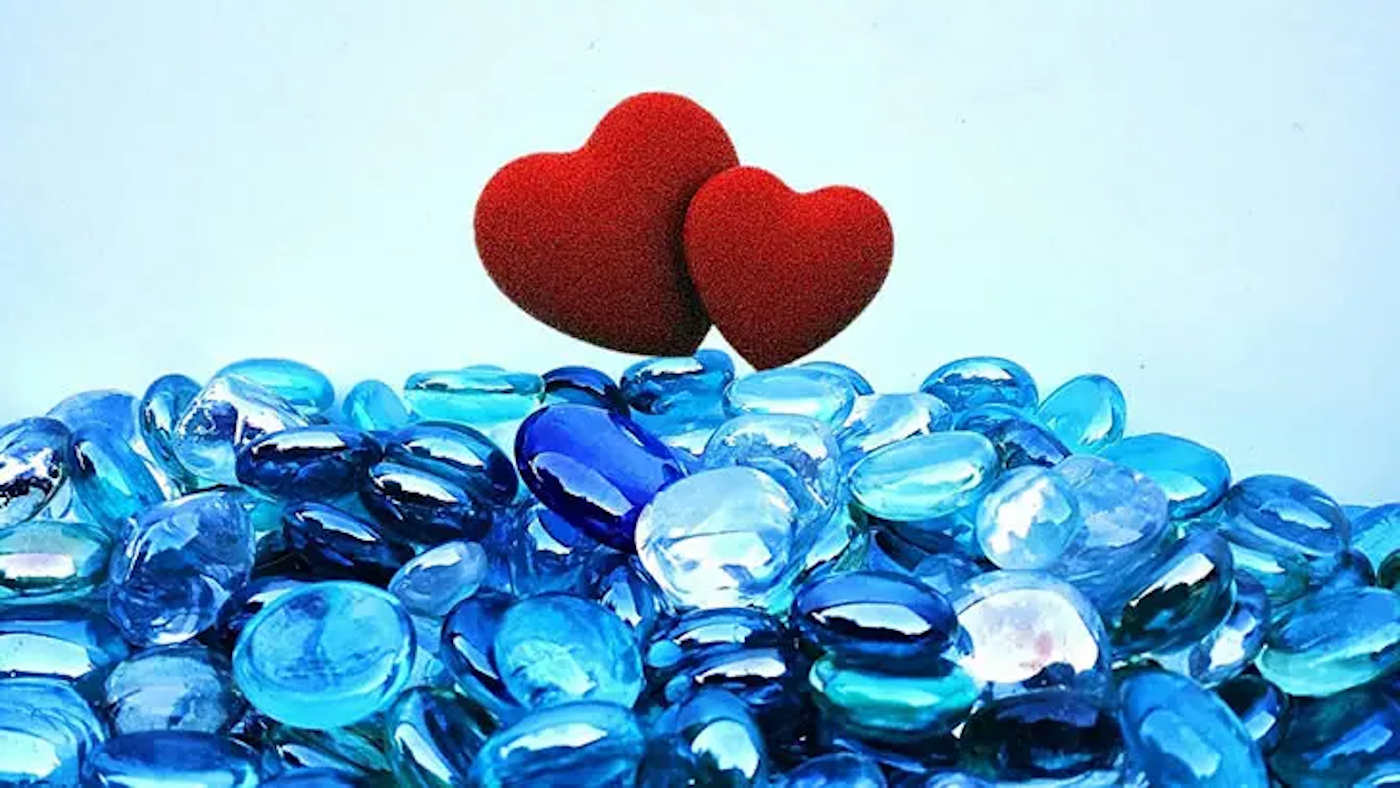Sometimes, you may think you’re in love, but you’re not. Science has a way to prove it – or at least that’s what scientists say say they have identified exactly what it means to “fall in love”.
<
Sometimes, you may think you’re in love, but you’re not. Science has a way to prove it – or at least that’s what scientists say say they have identified exactly what it means to “fall in love”.
<
A group of researchers led by anthropologist Helen Fisher of Rutger University in the United States found that a brain in love is very different from one that barely experiences simple passion, in the same way as the brain of someone who is in a long-term relationship. Fisher, an eminence when it comes to the biological basis of love, revealed that the “falling in love” phase in the brain is a unique and well-defined period in time, and identified 13 telltale signs that you are going through it. Check it out:
SEE ALSO: 20 Engagement Rings That Any Nerd Would Say “I Do” To
When you’re in love, you start to think that your partner is the one, the only one that’s right for you. This thought is coupled with an inability to feel romantic love for another person. Fisher and his team believe that this mindset leads to elevated levels of dopamine – a chemical related to attention and concentration – in the brain.
People who are truly in love tend to focus more on the positive qualities of the loved one, ignoring the negative traits. They also concentrate on trivial events and mundane objects that remind them of the loved one, daydreaming about those small memories and precious moments. This focused attention also results in high levels of dopamine, as well as norepinephrine, a chemical associated with enhanced memory and the presence of new stimuli.
Falling intensely in love leads to emotional and physiological instability. You jump for joy, euphoria, increase your energy. But insomnia also appears, you lose your appetite, tremors, rapid breathing, as well as anxiety, panic and feelings of despair when the relationship suffers even the slightest of setbacks. These mood swings are similar to the behaviors of narcotics addicts. In fact, when a person in love sees photos of their partner, the same brain regions as those of an addict are activated. Being in love, according to researchers, is a form of addiction.
Going through some kind of adversity with the other person tends to intensify romantic attraction. Dopamine may be responsible for this reaction, as research shows that when a reward is delayed, dopamine-producing neurons in the central brain region become more productive.

People who are in love say they spend an average of 85% of their waking hours reflecting on the “goal of love.” “Intrusive thinking,” the term for this type of obsessive behavior, can result in decreased levels of serotonin in the brain, a condition that has previously been associated with obsessive thinking. As a bonus, obsessive-compulsive disorder is treated with serotonin reuptake inhibitors.
People in love often show signs of emotional dependency in the relationship, including traits of possessiveness, jealousy, fear of rejection, and separation anxiety. “I wish we were together all the time,” is a very common thought.
They also crave an emotional bond with the loved one, look for ways to get closer to the loved one, and dream of a future together.
People who are in love are usually prey to a strong feeling of empathy for the loved one, feeling the other person’s pain as their own and being willing to sacrifice anything for their love. “For you, I would do the impossible…”
Falling in love is a feeling marked by a tendency to reorder daily priorities and/or alter things such as the way of dressing, gestures, habits and values, in order to better adapt to the loved one. “You don’t need to change, I love you just the way you are.”

Those who are deeply in love typically feel a sexual desire for the person they love, but there are also strong emotional bonds: the desire for sex is accompanied by possessiveness, the desire for sexual exclusivity, and extreme jealousy when the partner is suspected of cheating. Scientists suggest that this possessiveness evolved so that the person in love forces the partner to reject other suitors, thus ensuring that the infatuation is not interrupted until conception.
Although the desire for a sexual union is important for people in love, the desire for emotional union prevails. One study revealed that 64% of people in love (equivalent percentage in both sexes) disagreed with the statement, “Sex is the most important part of my relationship.”
Fisher and his team found that individuals who claim to be “in love” commonly say their love is involuntary and uncontrollable.
Unfortunately, being in love isn’t something that lasts forever. It is a temporary state that evolves into a long-term co-dependent relationship, a phase psychologists refer to as “attachment,” or dissipates – in the latter case, the relationship vanishes. If there are physical or social barriers that inhibit loved ones from seeing each other regularly – for example, a long-distance relationship – the “falling in love” phase usually lasts longer.
Enter your account data and we will send you a link to reset your password.
To use social login you have to agree with the storage and handling of your data by this website.
AcceptHere you'll find all collections you've created before.
Comments